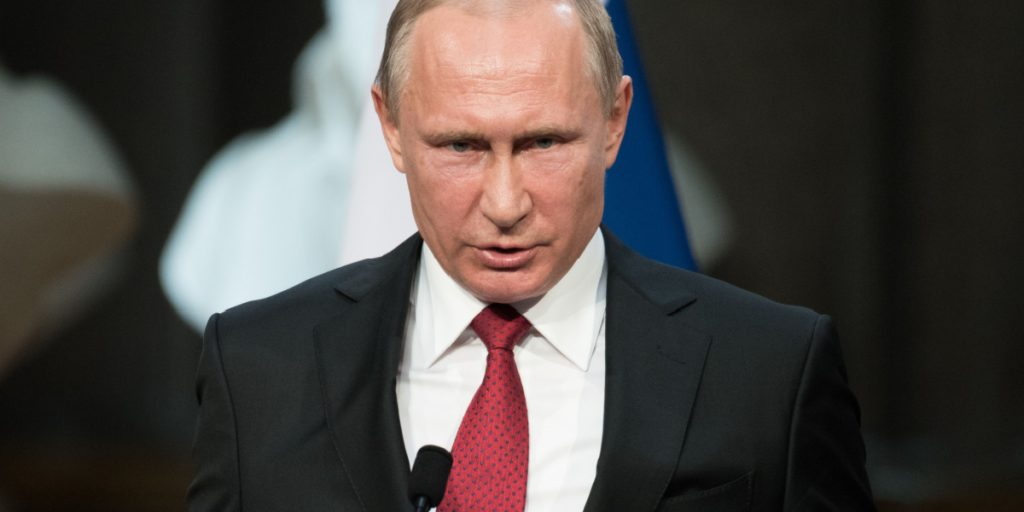Putin’s latest move raises tensions.
Others are reading now
In a significant move, Russia has withdrawn from the Comprehensive Nuclear-Test-Ban Treaty (CTBT), a global agreement that bans all nuclear explosions for both civilian and military purposes.
According to Italian media Il Giornale, the decision was unanimously approved by the Duma, Russia’s lower house of parliament, with 412 votes in favor.
The reason behind the decision
Vjacheslav Volodin, the President of the Duma, stated that the withdrawal was due to the “irresponsible attitude of the United States towards global security.”
Also read
He pointed out that while Russia had ratified the treaty in 2000, the United States had never done so. This move comes at a highly sensitive time, amid the ongoing war in Ukraine, the Israeli crisis, and escalating tensions between the U.S. and Russia.
The CTBT, established in 1996, aims to prohibit “any nuclear weapon test explosion or any other nuclear explosion” worldwide.
Although 187 states have signed the treaty and 178 have ratified it, the treaty has not yet legally entered into force.
The treaty will only become legally binding once signed and ratified by 44 specific countries, including the nine nuclear-armed states and 35 others with nuclear energy and research reactors.
Russia’s withdrawal from the CTBT is not a declaration of intent to conduct its first nuclear test since 1990, according to Reuters. However, it does provide Moscow with legal cover to conduct tests if the U.S. does so. This move follows other actions by Russia that have increased nuclear tensions with the West, such as the suspension of the New START treaty in February and the announcement of placing tactical nuclear missiles in Belarus.
The international community is closely watching Russia’s actions, as they have the potential to trigger a new arms race among major powers. With the CTBT being one of the last barriers against nuclear testing, its destabilization could have far-reaching consequences.


